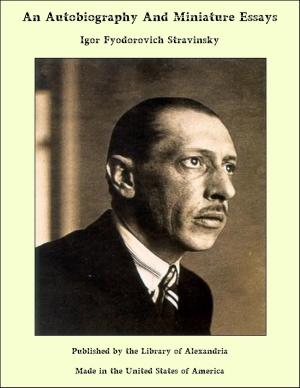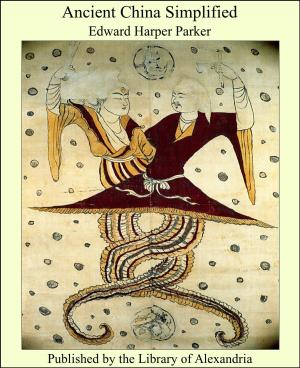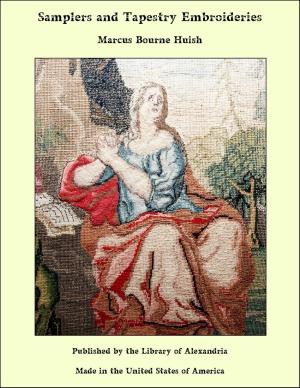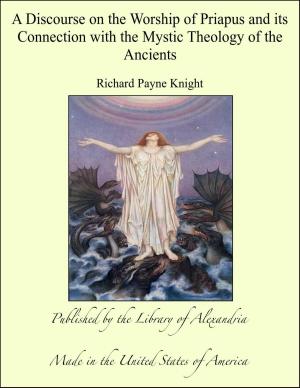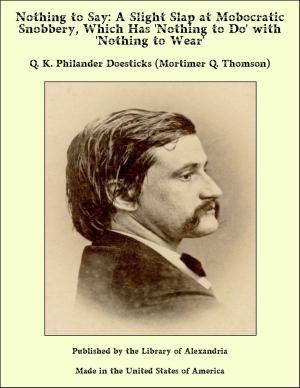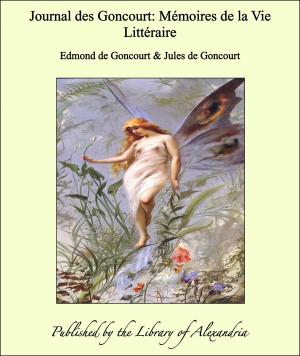| Author: | Frédéric Bastiat | ISBN: | 9781465594570 |
| Publisher: | Library of Alexandria | Publication: | March 8, 2015 |
| Imprint: | Language: | English |
| Author: | Frédéric Bastiat |
| ISBN: | 9781465594570 |
| Publisher: | Library of Alexandria |
| Publication: | March 8, 2015 |
| Imprint: | |
| Language: | English |
Man produces in order to consume. He is at once producer and consumer. The reasoning which I have just explained considers him only in the first of these points of view. Had the second been taken into account, it would have led to an opposite conclusion. In effect, may it not be said:— The consumer is richer in proportion as he purchases all things cheaper; and he purchases things cheaper in proportion to their abundance; therefore it is abundance which enriches him. This reasoning, extended to all consumers, leads to the theory of plenty. It is the notion of exchange imperfectly understood which leads to these illusions. If we consider our personal interest, we recognise distinctly that it is double. As sellers we have an interest in dearness, and consequently in scarcity; as buyers, in cheapness, or what amounts to the same thing, in the abundance of commodities. We cannot, then, found our reasoning on one or other of these interests before inquiring which of the two coincides and is identified with the general and permanent interest of mankind at large. If man were a solitary animal, if he laboured exclusively for himself, if he consumed directly the fruit of his labour—in a word, if he did not exchange—the theory of scarcity would never have appeared in the world. It is too evident that, in that case, abundance would be advantageous, from whatever quarter it came, whether from the result of his industry, from ingenious tools, from powerful machinery of his invention, or whether due to the fertility of the soil, the liberality of nature, or even to a mysteriousinvasion of products brought by the waves and left by them upon the shore. No solitary man would ever have thought that in order to encourage his labour and render it more productive, it was necessary to break in pieces the instruments which saved it, to neutralize the fertility of the soil, or give back to the sea the good things it had brought to his door. He would perceive at once that labour is not an end, but a means; and that it would be absurd to reject the result for fear of doing injury to the means by which that result was accomplished. He would perceive that if he devotes two hours a day to providing for his wants, any circumstance (machinery, fertility, gratuitous gift, no matter what) which saves him an hour of that labour, the result remaining the same, puts that hour at his disposal, and that he can devote it to increasing his enjoyments; in short, he would see that to save labour is nothing else than progress. But exchange disturbs our view of a truth so simple. In the social state, and with the separation of employments to which it leads, the production and consumption of a commodity are not mixed up and confounded in the same individual. Each man comes to see in his labour no longer a means but an end. In relation to each commodity, exchange creates two interests, that of the producer and that of the consumer; and these two interests are always directly opposed to each other.
Man produces in order to consume. He is at once producer and consumer. The reasoning which I have just explained considers him only in the first of these points of view. Had the second been taken into account, it would have led to an opposite conclusion. In effect, may it not be said:— The consumer is richer in proportion as he purchases all things cheaper; and he purchases things cheaper in proportion to their abundance; therefore it is abundance which enriches him. This reasoning, extended to all consumers, leads to the theory of plenty. It is the notion of exchange imperfectly understood which leads to these illusions. If we consider our personal interest, we recognise distinctly that it is double. As sellers we have an interest in dearness, and consequently in scarcity; as buyers, in cheapness, or what amounts to the same thing, in the abundance of commodities. We cannot, then, found our reasoning on one or other of these interests before inquiring which of the two coincides and is identified with the general and permanent interest of mankind at large. If man were a solitary animal, if he laboured exclusively for himself, if he consumed directly the fruit of his labour—in a word, if he did not exchange—the theory of scarcity would never have appeared in the world. It is too evident that, in that case, abundance would be advantageous, from whatever quarter it came, whether from the result of his industry, from ingenious tools, from powerful machinery of his invention, or whether due to the fertility of the soil, the liberality of nature, or even to a mysteriousinvasion of products brought by the waves and left by them upon the shore. No solitary man would ever have thought that in order to encourage his labour and render it more productive, it was necessary to break in pieces the instruments which saved it, to neutralize the fertility of the soil, or give back to the sea the good things it had brought to his door. He would perceive at once that labour is not an end, but a means; and that it would be absurd to reject the result for fear of doing injury to the means by which that result was accomplished. He would perceive that if he devotes two hours a day to providing for his wants, any circumstance (machinery, fertility, gratuitous gift, no matter what) which saves him an hour of that labour, the result remaining the same, puts that hour at his disposal, and that he can devote it to increasing his enjoyments; in short, he would see that to save labour is nothing else than progress. But exchange disturbs our view of a truth so simple. In the social state, and with the separation of employments to which it leads, the production and consumption of a commodity are not mixed up and confounded in the same individual. Each man comes to see in his labour no longer a means but an end. In relation to each commodity, exchange creates two interests, that of the producer and that of the consumer; and these two interests are always directly opposed to each other.




